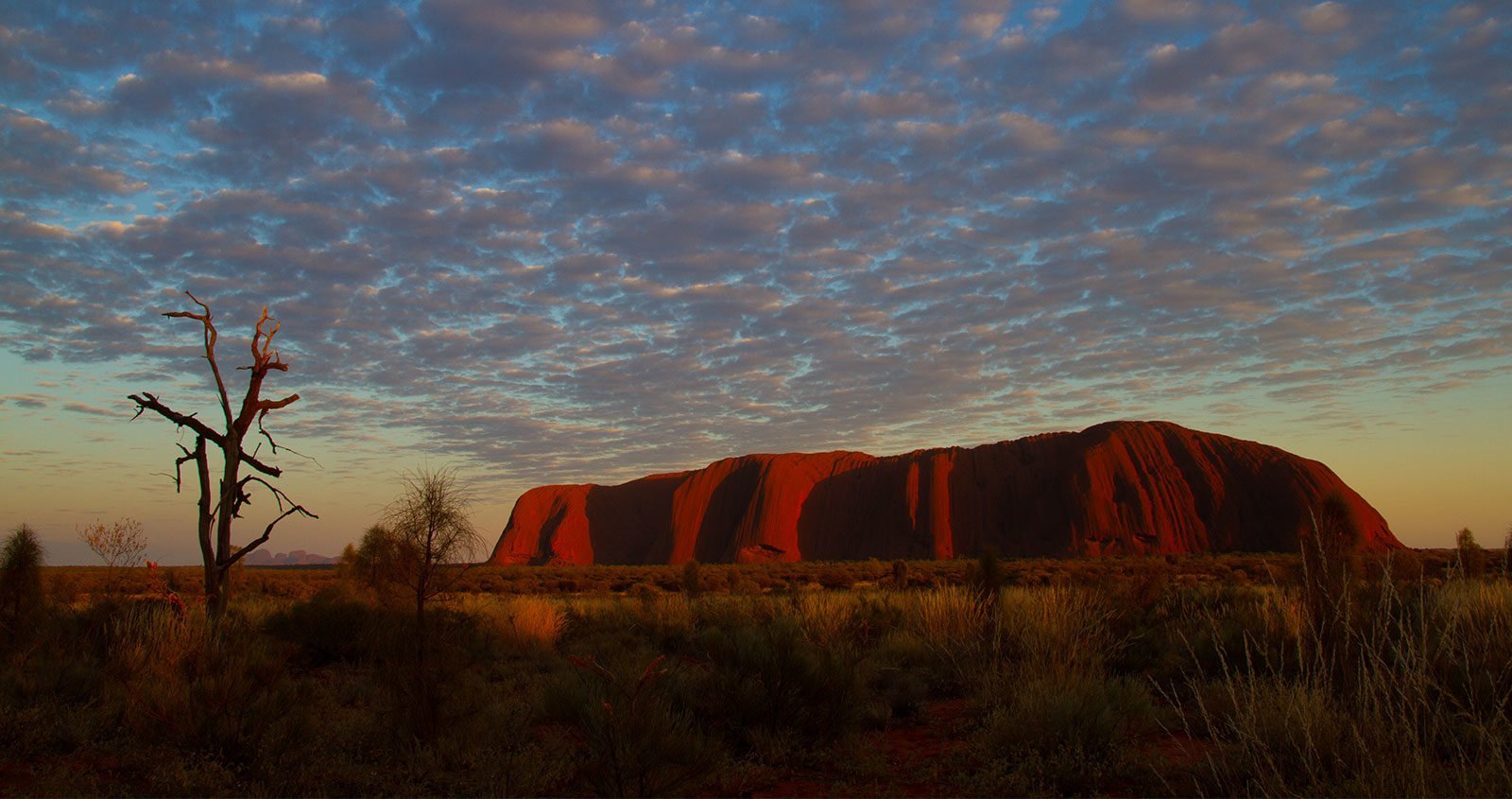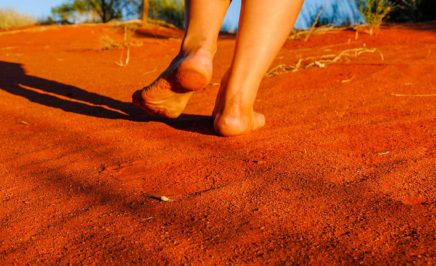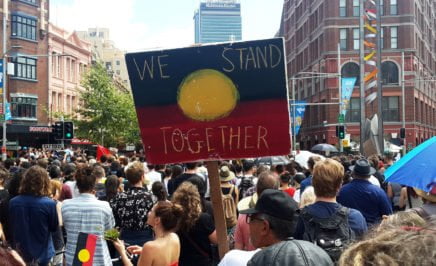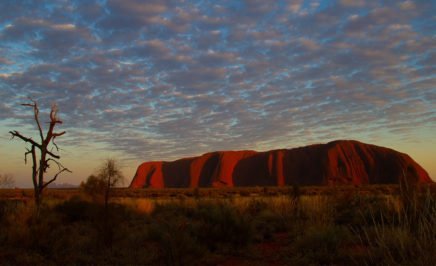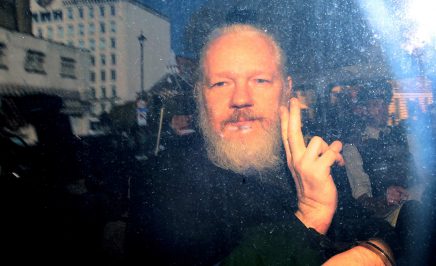Between 23-26 May, over 250 Aboriginal and Torres Strait Islander delegates met in Uluru for three days of discussion about constitutional reform, recognition and treaty, for the First Nations National Constitutional Convention.
Background to the Uluru meeting
There have been a number of processes on constitutional reform before this meeting including the Expert Panel, the Parliament’s Joint Select Committee, Recognise campaign, and the appointment of the Referendum Council. Check out our previous updates for more detail.
The Referendum Council, appointed by Prime Minister Turnbull and Opposition Leader Bill Shorten, decided in 2016 to conduct Indigenous consultations about recognising Indigenous peoples in the Constitution. The Uluru meeting was the culmination of a series of First Nations Regional dialogues held around Australia over the past six months by the Referendum Council. There was also an online submission process.
Through the submission process, Amnesty International raised concerns about the inclusivity of the regional dialogues. The regional dialogue process was by invitation only, and those who attended the Uluru meeting were selected at the regional dialogues. This was perceived by some community members as an exclusive process and several of the dialogue meetings were met with protest.
Amnesty International’s submission said the Government must have the free, prior and informed consent of Indigenous Peoples before any constitutional changes are made. We recommended the Government follow the approach outlined in the Redfern Statement. This involves addressing and implementing the recommendations of the Council for Aboriginal Reconciliation, which includes an agreement-making framework (treaty) and constitutional reform, in consultation with Aboriginal and Torres Strait Islander peoples and communities.
During the same period of the consultation process, calls for treaty have become more vocal and gained momentum, with commitments from State Governments to pursue a treaty process in Victoria, South Australia and the Northern Territory.
The Uluru Statement from the Heart
At the Uluru meeting, a number of delegates walked out claiming that the process was flawed, and their voices had not been heard. This group of delegates represent a growing number of community members who are calling for a sovereign treaty with an independent sovereign treaty commission to be funded.
On 26 May, the Referendum Council released the Uluru Statement from the Heart.
Importantly, the statement rejects the notion of “constitutional recognition” as simple acknowledgement, favouring “constitutional reform that makes a real difference in their communities”. The delegates agreed that sovereignty has never been ceded, and called for substantive constitutional change and structural reform.
The statement highlights the over-representation of Indigenous people in prison:
“Proportionally, we are the most incarcerated people on the planet. We are not an innately criminal people. Our children are alienated from their families at unprecedented rates. This cannot be because we have no love for them. And our youth languish in detention in obscene numbers. They should be our hope for the future.”
The Uluru Statement calls for the establishment of a First Nations voice enshrined in the Constitution and calls for a Makarrata Commission – Makarrata being a Yolgnu word for coming together after a struggle. The Makarrata Commission will supervise the process of treaty-making between Governments and First Nations peoples, as well as truth-telling about Australia’s history.
What’s next?
The full details of the proposals coming out of the Uluru Statement are not yet clear. The Referendum Council will make its final report and recommendations to the Prime Minister on 30 June 2017. The Government will then respond and either adopt or reject the recommendations.
Since the statement was released, there have been increased criticisms of Recognise, the body funded to promote the yes campaign for constitutional recognition. A spokesperson for the campaign has now indicated that the campaign may rebrand following the Uluru Statement.
The National Congress of Australia’s First Peoples has endorsed the proposal to establish a constitutionally mandated representative body for First Peoples, and says it is in a prime position to take up this role.
We will continue to keep supporters informed.
